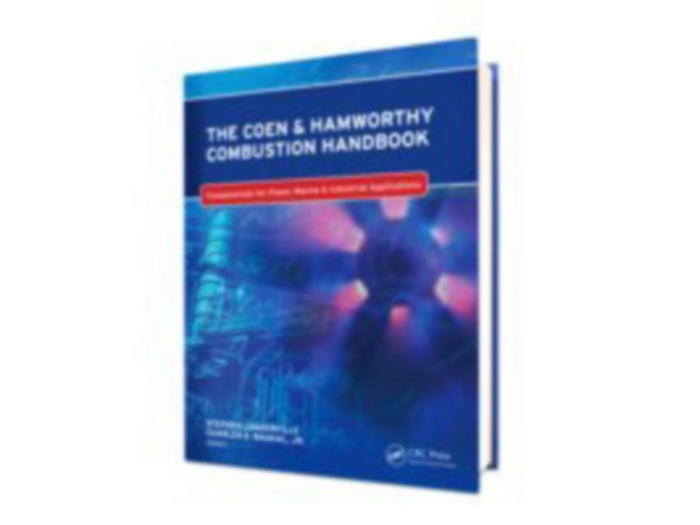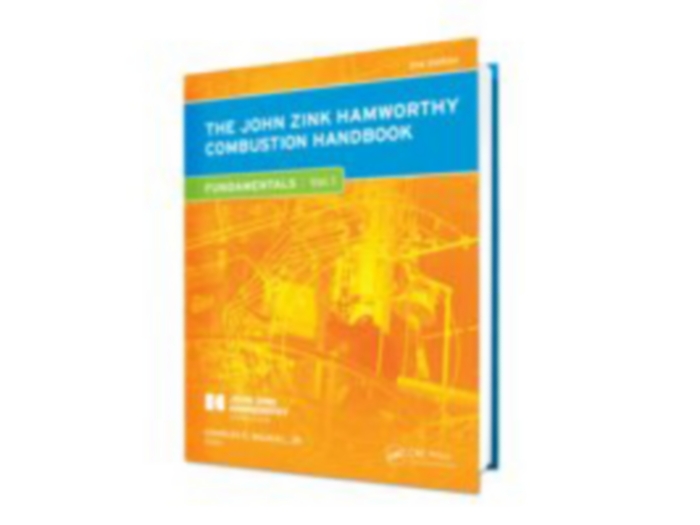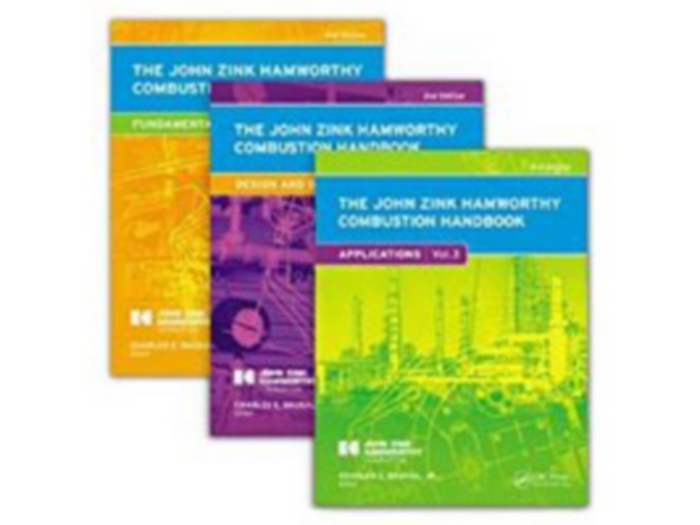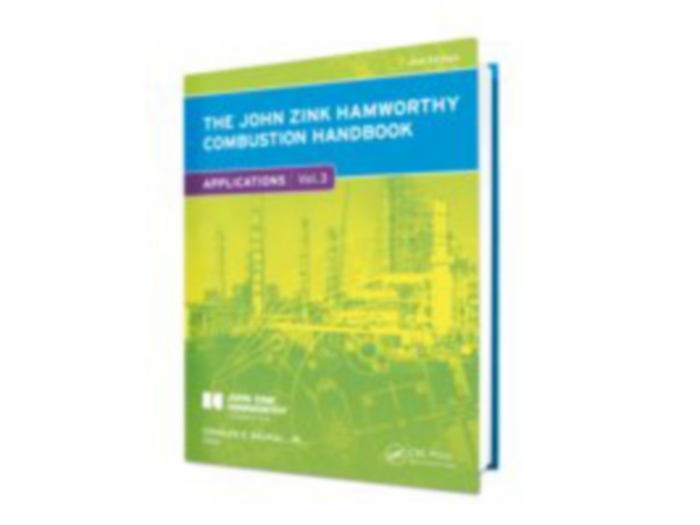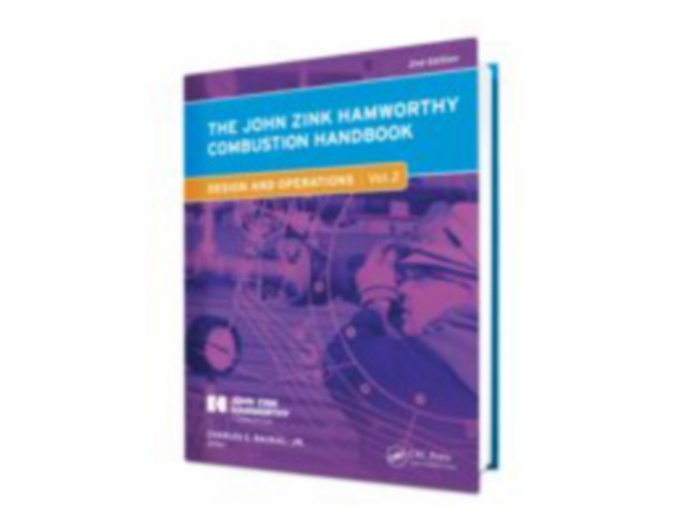The Koch Engineered Solutions Institute℠ is an Authorized Member of the International Association for Continuing Education and Training (IACET). Continuing Education Units (CEUs) are used internationally to maintain records of completion of organized post-secondary education. To receive a certificate and continuing education units, participants must attend at least 80% of the class, take a pretest, score at least an 80% on the post test, complete a course evaluation form, and complete all prerequisites, if any.
KESI, sponsored by John Zink Company LLC, has been approved as an Authorized Provider by the International Association of Continuing Education and Training (IACET), 11130 Sunrise Valley Drive, Suite 350, Reston, VA 20191. In obtaining this approval, the Koch Engineered Solutions Institute has demonstrated that it complies with the ANSI/IACET Standards which are widely recognized as standards of good practice internationally. As a result of their Authorized Provider membership status, KESI is authorized to offer IACET CEUs for its programs that qualify under the ANSI/IACET standards. Koch Engineered Solutions Institute has awarded more than 8,000 CEUs to participants who have successfully completed courses at the Koch Engineered Solutions Institute.
Receive a Certificate in Process Combustion Technology
Students may earn a certificate in Process Combustion Technology, issued by John Zink, if they successfully complete the following courses within a five-year time span:
- Process Burner Fundamentals (PB107)
- Advanced Process Burners (PB108)
- Process Flares (FL102)
- Any other IACET-accredited Koch Engineered Solutions Institute course (elective)
Most Institute courses are IACET-accredited, however PB155 is an online course which is a prerequisite for PB107 and is not currently IACET-accredited; therefore it would not meet the requirements for the elective. Details on the IACET program are noted on our site. Students do not need to apply or register for the certificate as the Institute Registrar automatically checks on a regular basis for students meeting the necessary requirements. No additional fees are required for the certificate which is automatically sent to students meeting the requirements. The first certificate was issued December 14, 2005.
This program was originally developed to recognize students, typically working in refineries and chemical plants, taking consecutive courses to get training in the combustion equipment in their plants. The certificate does not certify the students for a particular position or task – it merely recognizes they have met the requirements for the courses in the certificate program.
